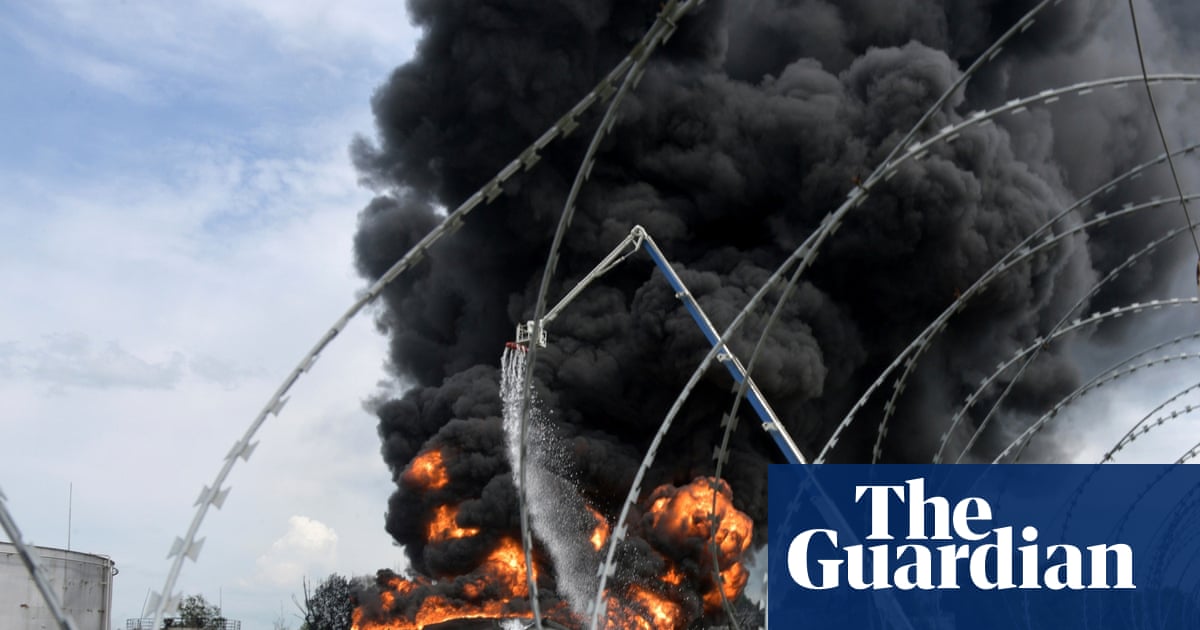
"Russia has passed sweeping laws to bolster its defences at home against Ukrainian drone strikes and sabotage operations, reflecting the Kremlin's expectation of a protracted war with Ukraine. Almost four years into Vladimir Putin's war in Ukraine a full-scale invasion he expected to last only weeks Moscow is being targeted almost daily by Ukrainian drones striking energy facilities, while Ukrainian operatives have assassinated a number of high-profile Russian military figures deep inside"
"To shore up the protection of critical infrastructure, the Russian president earlier this month quietly signed a decree authorising the deployment of reservists to guard key sites, including refineries hit repeatedly by Ukrainian drones and contributing to a rise in domestic fuel prices. The measure allows the Kremlin to call up a pool of about 2 million people, according to lawmakers, to guard energy facilities without declaring a fresh mobilisation a step that has proved deeply unpopular."
"A damaged freight train at the site of a railway bridge collapse in the Kursk region. Photograph: Telegram/@Hinshtein/AFP/Getty Images Russian authorities had already deployed a dense network of air defence systems around Putin's secluded Valdai residence, as well as around the elite Rublyovka neighbourhood where many of the political elites live. But it has struggled to adequately defend the hundreds of oil refineries dotted across the country,and other industrial plants tied to the war effort."
Russia has introduced broad defensive measures to protect the homeland against Ukrainian drone strikes and sabotage, reflecting expectations of a prolonged conflict. Moscow faces almost daily drone attacks on energy facilities and targeted assassinations of senior military personnel deep inside the country. The president authorised reservists to guard refineries and other key sites, enabling a call-up of roughly 2 million people without a formal mobilisation. Reservists receive annual training and modest payments and have generally not been sent to fight unless they volunteered. Russia has concentrated air defences around elite locations but struggles to protect numerous refineries and industrial plants.
Read at www.theguardian.com
Unable to calculate read time
Collection
[
|
...
]